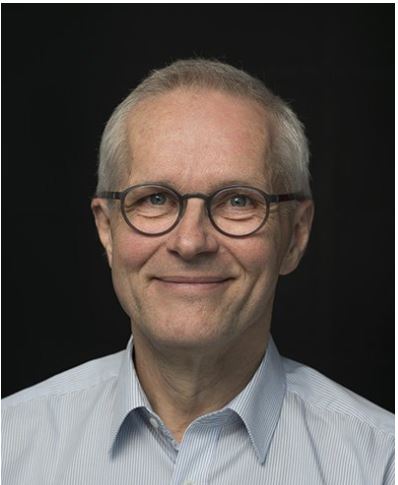A human centred recovery from the COVID-19 crisis will be dominating the agenda when governments, employers and workers gather at the 109th International Labour Conference.
Too many people are still desperately fighting the pandemic with heavy death tolls in many countries. Huge inequalities exist, both in the distribution of vaccines and in the financial capacity to recover from the crisis.
The challenge during the International Labour Conference is to build a strong tri-partite response that can help us overcoming the health and social crisis.
It is not difficult to imagine the personal as well as societal consequences if the recovery end up being jobless.
The ILO has played a major role during the pandemic not least in collecting and sharing data about the consequences of the pandemic. Just to stress the magnitude of the pandemic let me share two of ILO’s findings: Working hours equivalent to 255 million jobs were lost in 2020 and 90 percent of the women who lost their job in 2020 left the labour force and so did many young people.
It is not difficult to imagine the personal as well as societal consequences if the recovery end up being jobless.
Therefore, the worker delegates at the international labour conference are fighting to get as many commitments from governments as well as employers to secure investments in decent jobs.
We hope to achieve commitments in a special statement calling for a human centred recovery from the COVID-19 crisis that is inclusive, sustainable and resilient.
In another committee the social security is on the table.
19 countries will have the full attention during the conference. These are the countries chosen by the employers and workers to be examined. In many of the cases you will find serious violations on trade union and human rights.
Under normal conditions up to 7.000 delegates representing workers, employers and governments would gather for 2 weeks in Geneva. Clearly a no-go this year since most of the world is prevented from travelling to Switzerland.
Instead we meet on Zoom – surprisingly well. Already now we have held a number of pre-meetings and it is impressive how big digital steps we have taken over the past year.
People can connect – from offices, from home or even from their car – with instant interpretation into 7 different languages.
It is worth reflecting on how it can be that advanced technological solutions can be distributed across the world in a year but for more than 100 years we have been fighting for basic human rights and still haven’t delivered. Nevertheless, we will keep on fighting!
Peter Waldorff, International adviser,
FH, Denmark and delegate to the International Labour Conference
